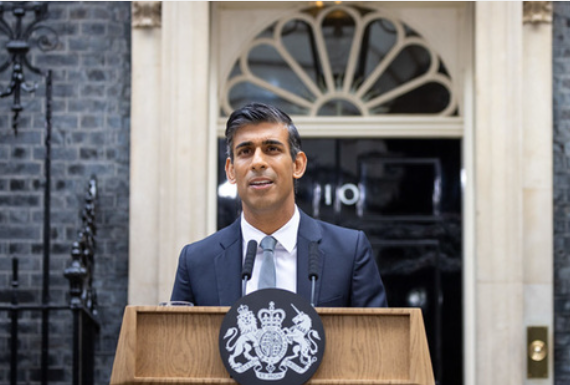A government report into the potential for generative AI warns that it could increase the risk of cyber attacks and even assist terrorists in planning biological or chemical attacks. It adds that by 2025, it is likely AI will help to create faster-paced, more effective and larger scale cyber attacks.
The report is made up of three parts. Firstly, it discusses the capabilities and risks from frontier AI and the need for further research into AI risk. It covers the current state of frontier AI capabilities, how these might improve in the future, as well as the risks they currently present, including societal harms, misuse and loss of control.
There is a focus on safety and security risks of generative AI to 2025 with a report drawing on sources including intelligence assessments, which states that generative AI development has the potential to bring significant global benefits but will also increase risks to safety and security by enhancing threat actor capabilities and increasing the effectiveness of attacks.
And a paper from the Government Office for Science looks at future risks of frontier AI, which considers key uncertainties in frontier AI development, the risks future systems might pose, and a range of potential scenarios for AI up to 2030.
In a speech to The Royal Society in London today, Prime Minister Rishi Sunak said: “Only nation states have the power and legitimacy to keep their people safe. The UK’s answer is not to rush to regulate. This is a point of principle.
“We believe in innovation. It’s a hallmark of the British economy, so we will always have a presumption to encourage it rather than to stifle. In any case, how can we write laws that make sense for something that we don’t yet fully understand?”
The government discussion paper on the risks of AI is intended to inform discussion at a government summit which takes place next week at Bletchley Park, Buckinghamshire. It will focus on the threats posed by highly advanced AI technology, and the potential for regulating it in the future.
Technology secretary Michelle Donelan said: “There is no question that AI can and will transform the world for the better, from making everyday tasks easier, to improving healthcare and tackling global challenges like world hunger and climate change. But we cannot harness its benefits without also tackling the risks.
“No country can do this alone, which is why we will be welcoming governments, academics, civil society groups and businesses to Bletchley Park next month to build a shared understanding of the risks while discussing how we can develop and use AI safely and responsibly so that it changes lives for the better.”
Printed Copy:
Would you also like to receive CIR Magazine in print?
Data Use:
We will also send you our free daily email newsletters and other relevant communications, which you can opt out of at any time. Thank you.











YOU MIGHT ALSO LIKE